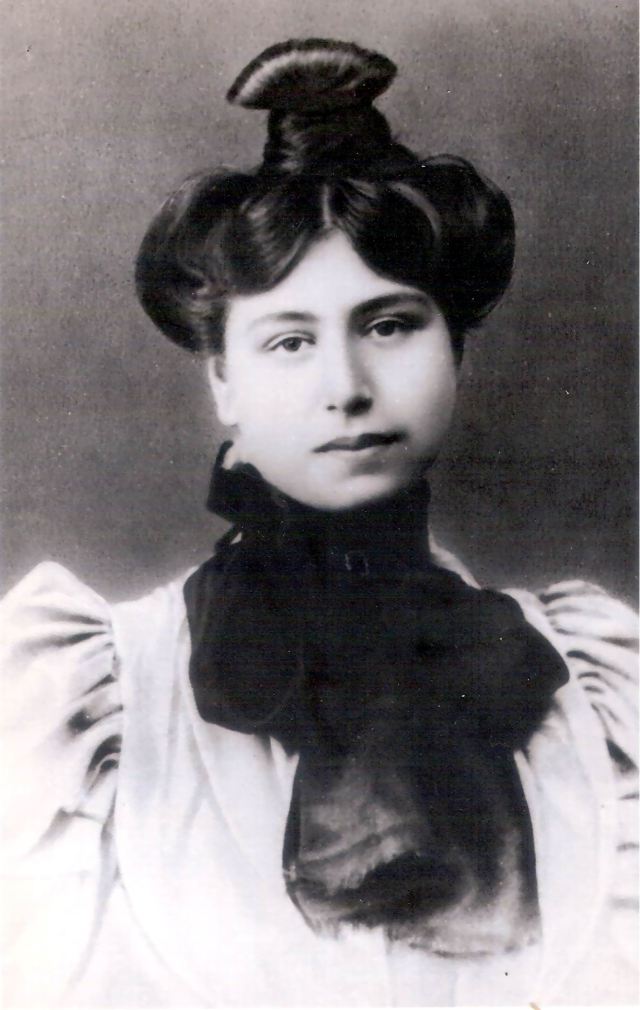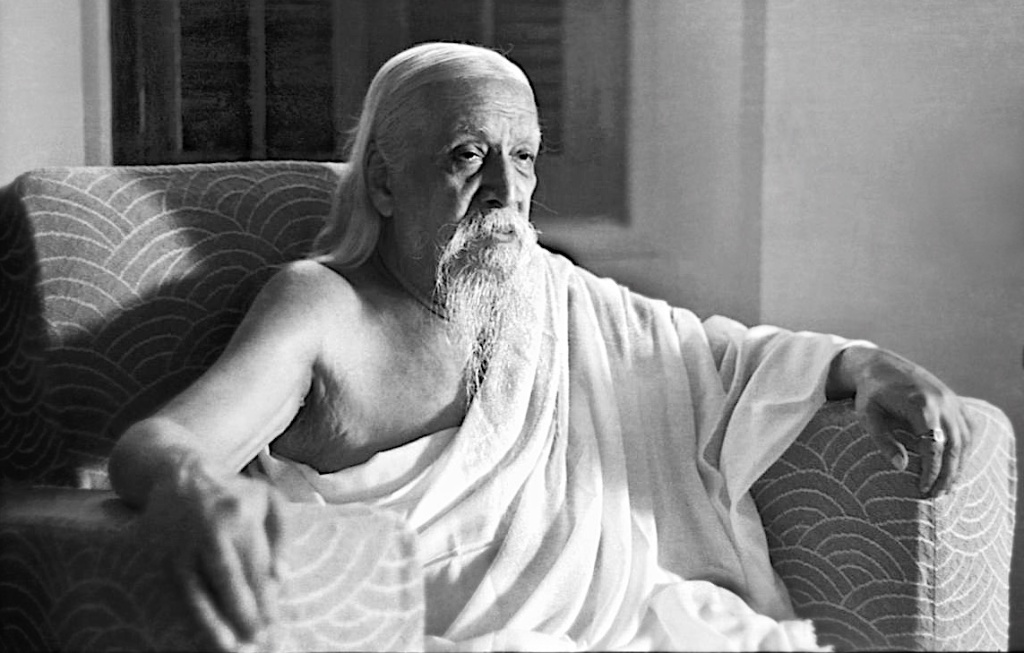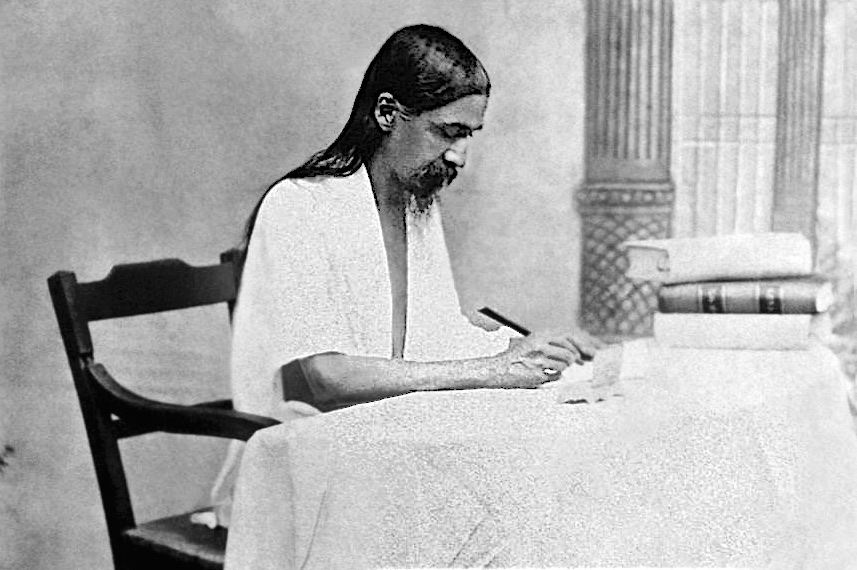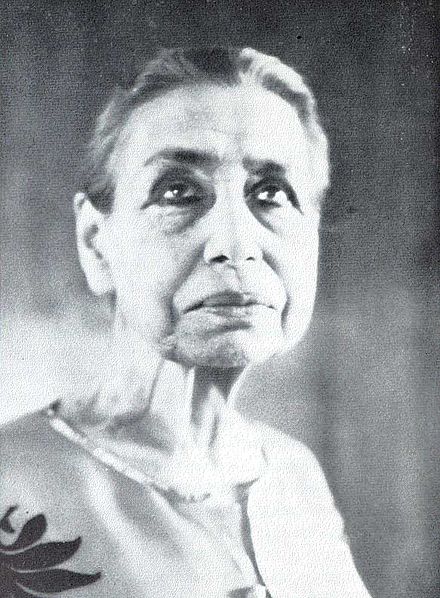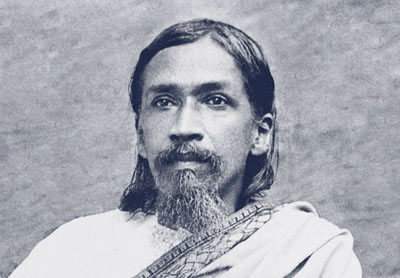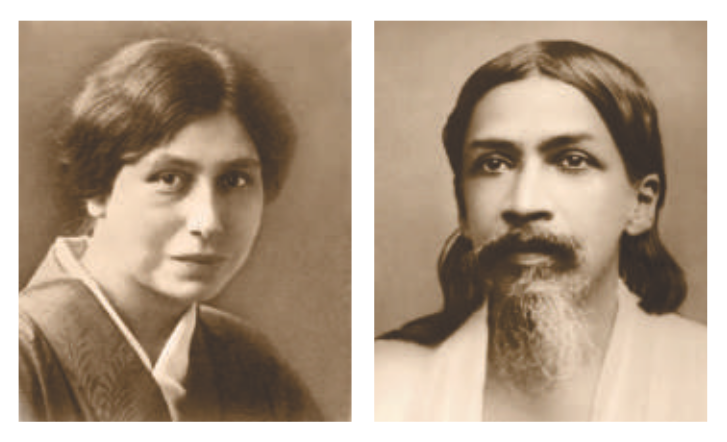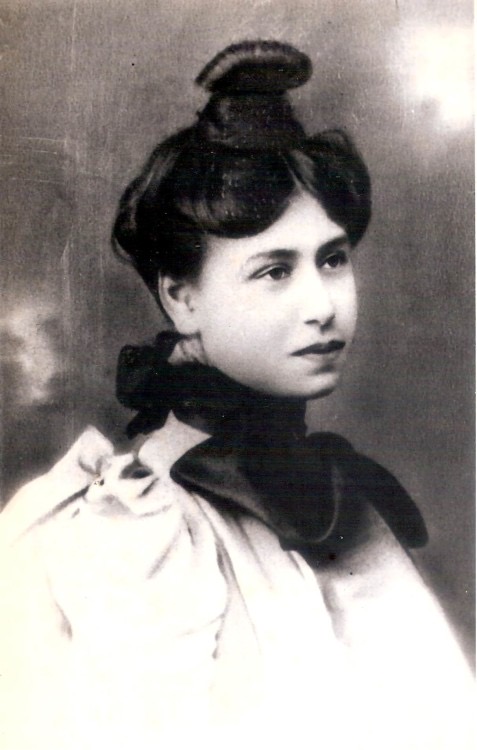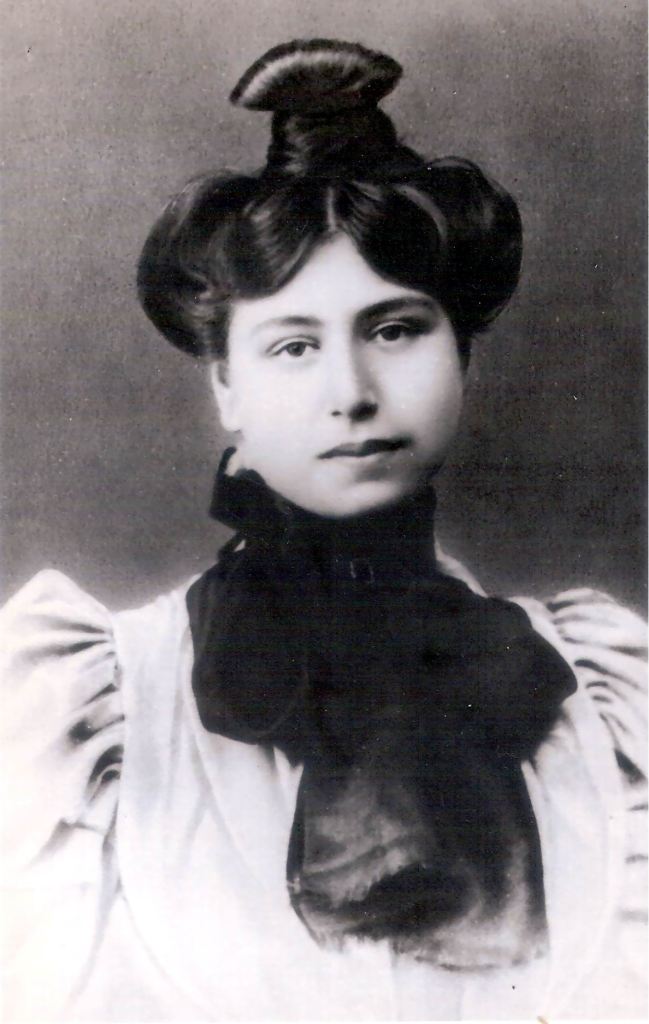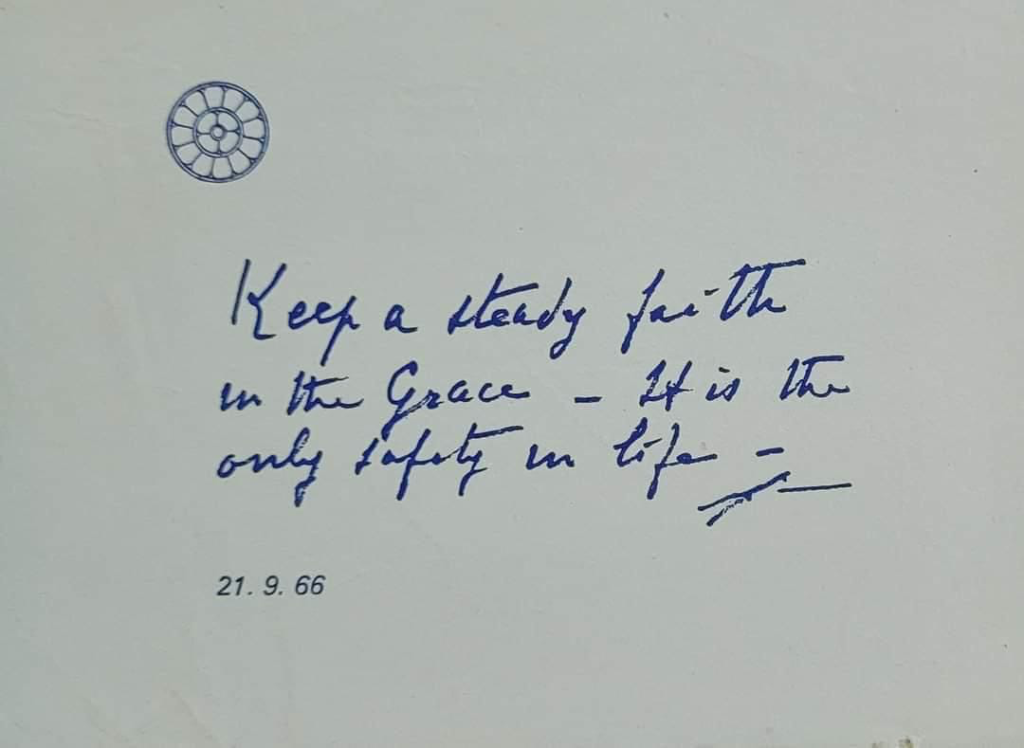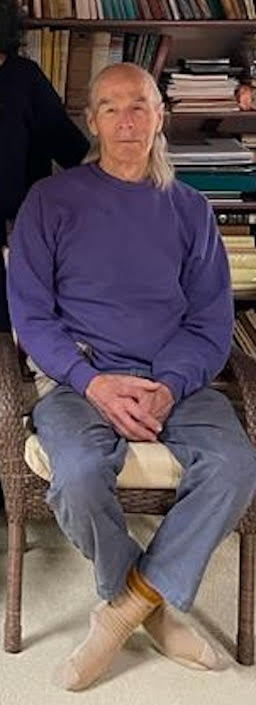
The spiritual aim will recognise that man as he grows in his being must have as much free space as possible for all its members to grow in their own strength, to find out themselves and their potentialities. In their freedom they will err, because experience comes through many errors, but each has in itself a divine principle and they will find it out, disengage its presence, significance and law as their experience of themselves deepens and increases. Thus true spirituality will not lay a yoke upon science and philosophy or compel them to square their conclusions with any statement of dogmatic religious or even of assured spiritual truth, as some of the old religions attempted, vainly, ignorantly, with an unspiritual obstinacy and arrogance. Each part of man’s being has its own dharma which it must follow and will follow in the end, put on it what fetters you please. The dharma of science, thought and philosophy is to seek for truth by the intellect dispassionately, without prepossession and prejudgment, with no other first propositions than the law of thought and observation itself imposes. Science and philosophy are not bound to square their observations and conclusions with any current ideas of religious dogma or ethical rule or aesthetic prejudice. In the end, if left free in their action, they will find the unity of Truth with Good and Beauty and God and give these a greater meaning than any dogmatic religion or any formal ethics or any narrower aesthetic idea can give us. But meanwhile they must be left free even to deny God and good and beauty if they will, if their sincere observation of things so points them. For all these rejections must come round in the end of their circling and return to a larger truth of the things they refuse. Often we find atheism both in individual and society a necessary passage to deeper religious and spiritual truth: one has sometimes to deny God in order to find him; the finding is inevitable at the end of all earnest scepticism and denial.
The Spiritual Aim and Life, The Human Cycle, CWSA, Sri Aurobindo.


